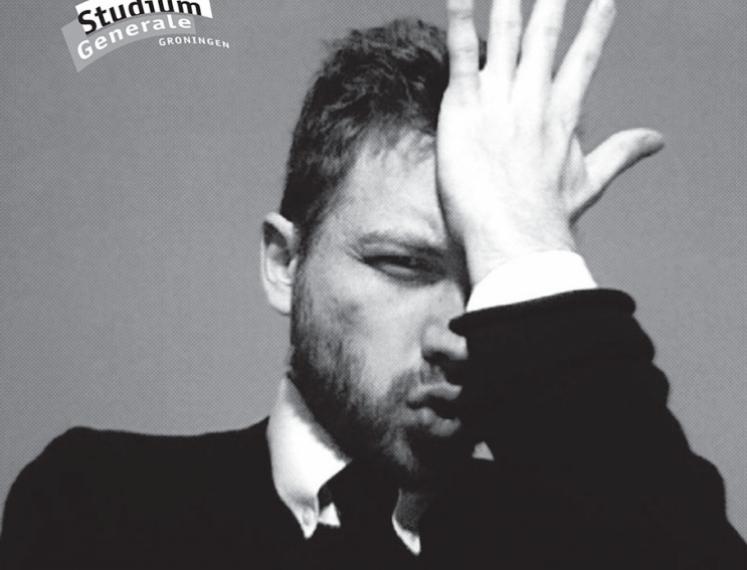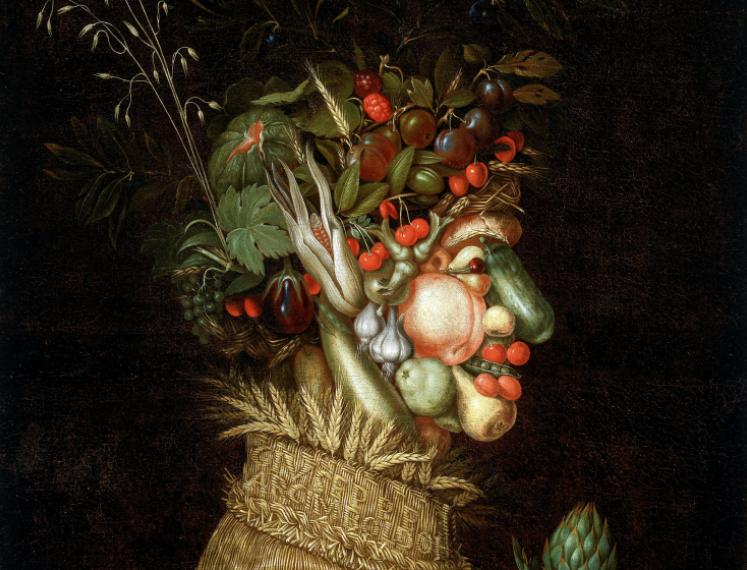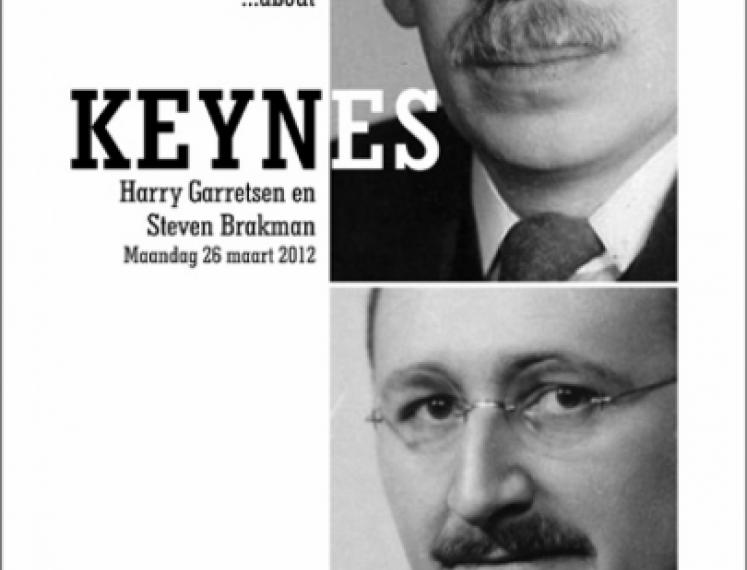Academy Building
Broerstraat 5
Groningen
Netherlands
Imagining the Past, Remembering the Future
Our memories define us, but they are also notoriously susceptible to distortion. In this talk, Charles Fernyhough will look at what the science of memory can tell us about this troublesome mental function. Why do we forget our early childhoods? How are our memories shaped by other people? And how can we come to remember things that never happened? Charles Fernyhough will describe a new consensus which sees memories as constructions made in the present moment rather than faithful representations of past events. Today’s neuroscientists are unpicking the complexities of memory with a variety of powerful brain-imaging techniques, while psychologists are exploring the connections between remembering the past and imagining the future. Treating memory as an act of narrative as much as a neurological process, Charles Fernyhough will ask why our earliest memories are full of light, why siblings remember the same event from their childhoods so differently, and what we can learn from novelists about how the brain situates us in the past.
Charles Fernyhough is a writer and psychologist. He is a part-time professor of psychology at Durham University. His non-fiction books include The Voices Within and The Baby in the Mirror. His book on autobiographical memory, Pieces of Light, was shortlisted for the 2013 Royal Society Prize. He is the author of two novels, The Auctioneer and A Box Of Birds.



